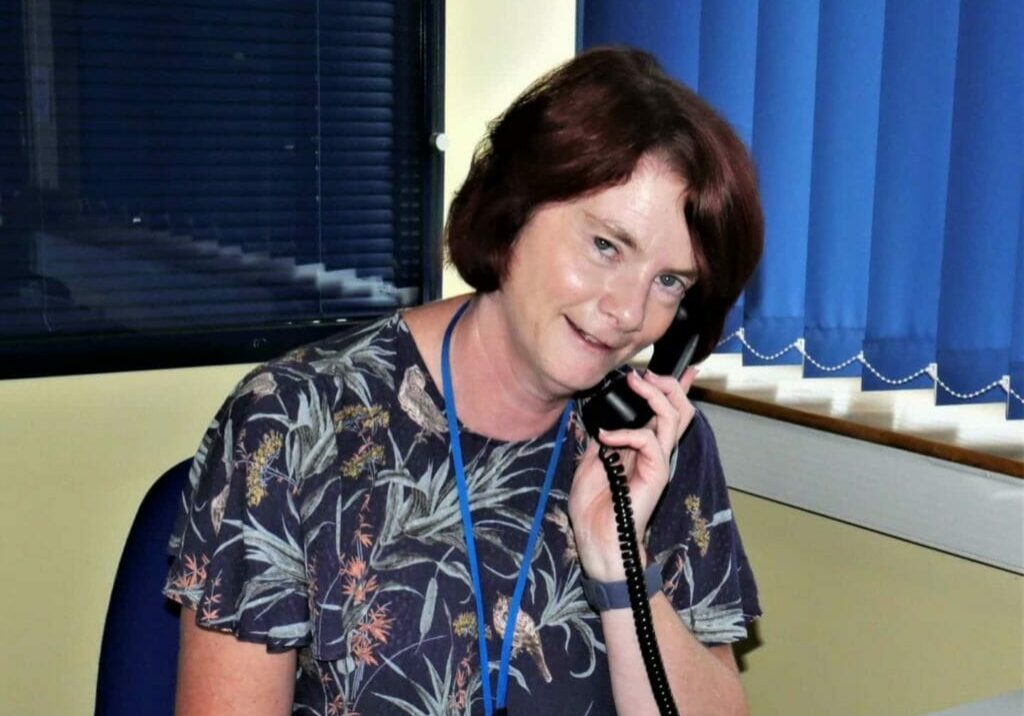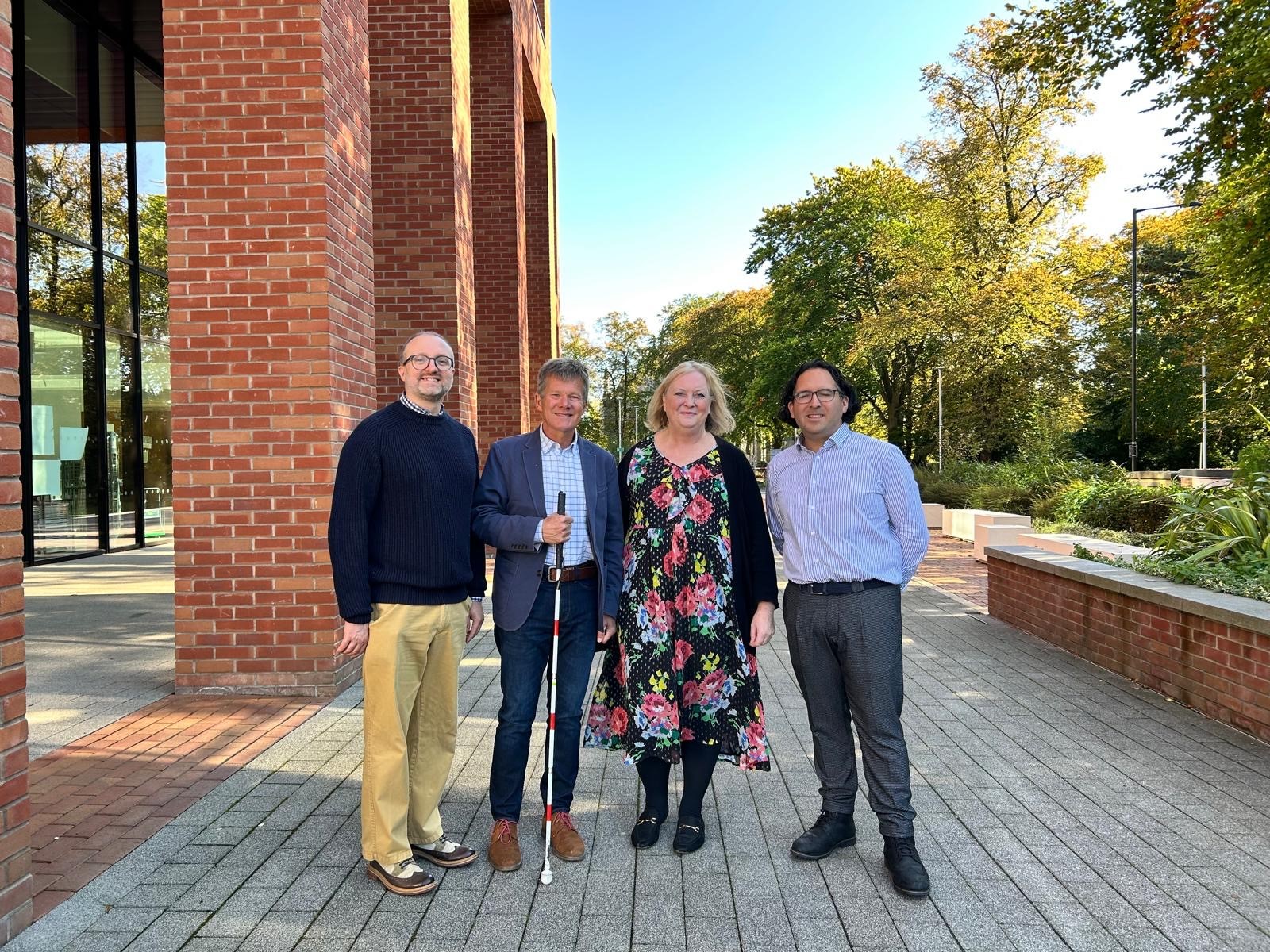Deafblindness is a completely different condition to a sight loss plus a hearing loss. It is a distinct impairment that has a uniquely catastrophic impact on people’s lives – yet it often receives far less recognition and support than many single impairments. Most commonly associated with ageing, deafblindness involves loss of sight and hearing to the point where everyday things – accessing information, talking with family and friends, leaving the house – become very difficult or even impossible. People who are deafblind then find themselves in unimaginable social, emotional and physical isolation.
Many of us struggle with our mental health at one time or another but when coupled with sight and hearing loss, this can be even more difficult to cope with. What’s more, studies have shown that people who are deafblind are more likely to be affected by depression and communication difficulties could make it harder to treat, therefore exacerbating the situation.
At Deafblind UK we regularly hear about how people who are deafblind struggle with the usual stresses of life, of their frustrations being unable to contribute to their community, and of the anxiety and depression their situations create.
Thankfully, mental health has become part of the national conversation and the issue is being discussed much more openly. We offer anyone who is affected by deafblindness, including families and carers, a free helpline for when things get difficult.
One caller told us that she was so pleased to speak to someone who was patient and who listened to her.
Our trained staff are available between 9am and 5pm Monday to Thursday, and 9am to 4pm on Fridays. We are here to provide emotional support and to let our members know that it’s OK not to be OK. We can also help with finding out vital information about your condition and local services in your area.
To contact the Deafblind UK Information and Advice Line, call 0800 132320, text 07950002270 or email info@deafblind.org.uk.




